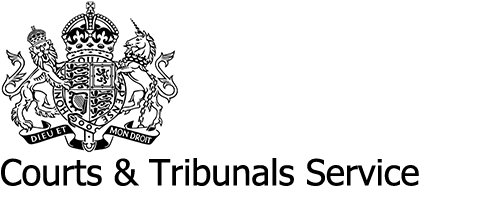Prohibition Orders
Known as a 'blacklist' order, a Prohibition Order makes it a criminal offence for a person to buy, acquire or consume alcohol. It also makes it an offence to sell, or give, alcohol to a person who is subject to a Prohibition Order.
A person who is the subject of a Prohibition Order is not permitted, at any time, to enter or remain in premises which have a Justices' On-Licence or a Club Registration Certificate.
Application Process
An application for a Prohibition Order is done by 'complaint'. It can be made by a person for themselves, or by someone else.
If you wish to apply to put yourself on the 'blacklist' you may complete the form and file it with the court. You will be given a date and time to attend the court for a hearing before the Justices' of the Peace.
If you wish to apply to have someone else placed upon the 'blacklist' you need to complete the form and submit it to the court. Once you have done this, you will be notified of the time and date for the court hearing and you will be responsible for serving a summons on the person you think should be placed upon the 'blacklist'.
The Hearing
Any court hearing dealing with an application for a Prohibition Order will be a closed hearing. This means members of the public and the press will be excluded. This is because evidence about medical records, or sensitive family information may be shared with the court.
Before a court is able to make a Prohibition Order, it must hear evidence on oath from the applicant about why they have made the application. It may be the court will also wish to hear from other family, friends, medical professionals or other professionals who are working with the person.
The court must be satisfied, from evidence given, that the person, by reason of consumption of intoxicating liqour is:
1) severely prejudicing their health; and/or
2) failing to make adequate financial or other provision for any spouse or dependent child for whom it appears the person concerned ought to make provision; and/or
3) frequently violent or abusive to any other person;
If you have any concerns about the hearing, or wish to have someone support you please let the court know as soon as possible so arrangements can be made in plenty of time.
If an Order is made
If the court makes a Prohibition Order it will last for between 6 and 12 months. The court will notify to the Chief Police Officer who is responsible for making sure all licence holders are aware of the order.
Taken from section 76 of the Licensing Ordinance 1994:
(7) The effect of a prohibition order shall be to render it unlawful-
(a) for the person concerned-
(i) subject to subsection (8), to consume, attempt to consume, procure or attempt to procure, intoxicating liquor;
(ii) subject to subsection (9), in permitted hours to enter or remain in any bar in any premises in respect of which a justices' on-licence (other than a Part V licence) is in force or any bar in premises in respect of which a club is registered;
(b) for any person who is aware of the order and the identity of the person concerned-
(i) subject to subsection (8), to sell or supply to the person concerned, assist him to consume or to procure for him or attempt to procure for him, intoxicating liquor;
(ii) who is the holder of a justices' licence or secretary of a registered club or the servant or agent of the holder of a justices' licence or secretary of a registered club, subject to subsection (9) in permitted hours, knowingly and willingly to allow or suffer the person concerned to enter or remain in any bar in the premises to which the justices' licence relates or in any bar upon premises in respect of which the club is registered.
(8) Nothing in subsection (7) applies to the supply or consumption of intoxicating liquor in the course of the sacrament of Holy Communion in accordance with the rites of any religious denomination.
